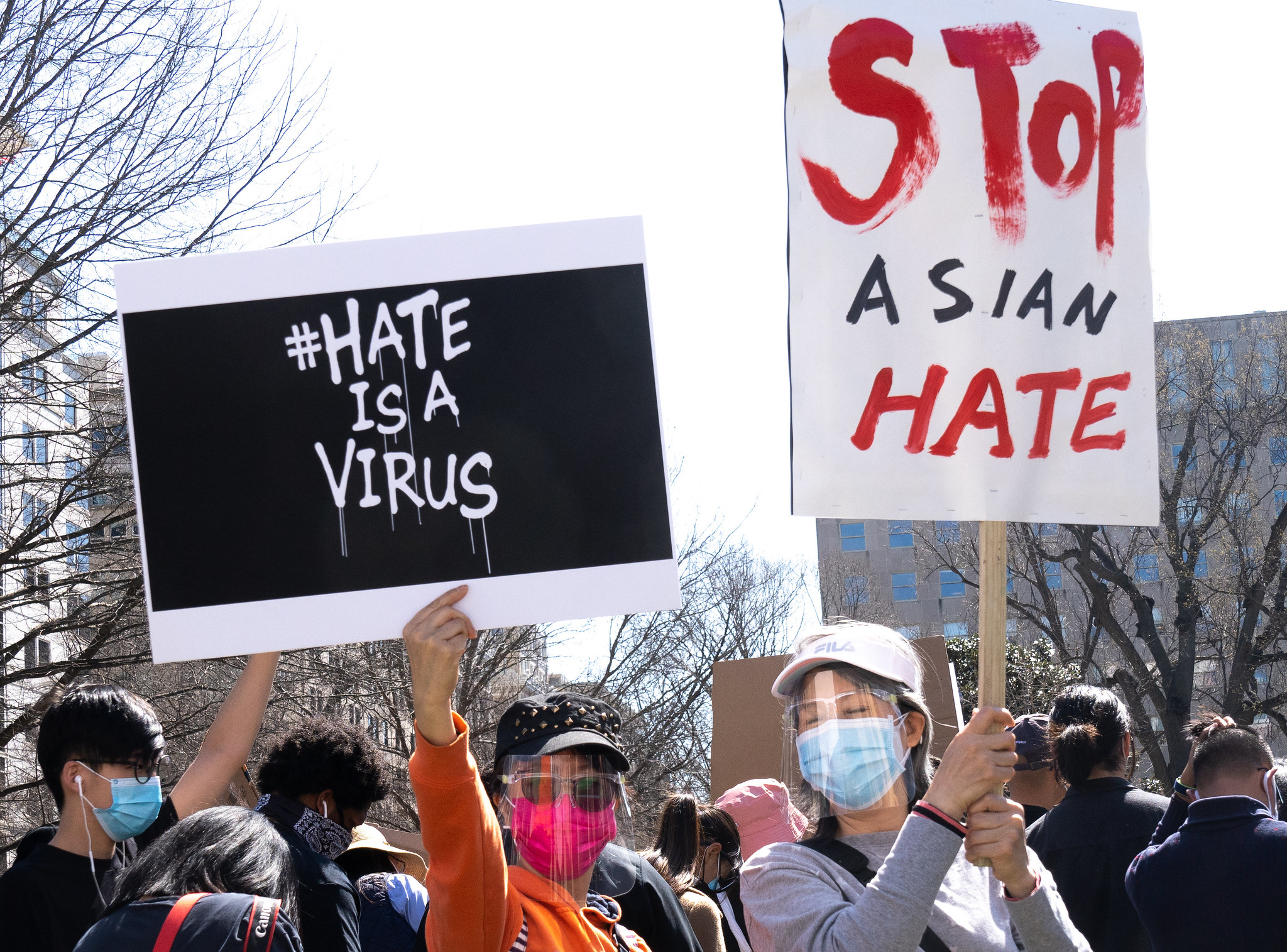Local media outlets should be on frontline of misinformation war to help readers
In the hours after Iran attacked two Iraqi military bases that housed U.S. troops in January, social media predictably was rampant with rumors. Old and doctored photos surfaced claiming to show the bases on fire, and users shared reports on Twitter and Facebook that the missile strikes had killed Americans. A news-savvy, educated friend of mine posted on Facebook that 30 Americans had died. (We have convinced ourselves that misinformation is the devil of the ignorant or media-illiterate.)
No U.S. troops were killed in the attacks, but the speed at which the lies spread was a reminder of how fast and furiously people share misinformation–and at a far greater rate than they share the truth, as studies have found. (President Donald Trump also contributed this by tweeting that possible brain injuries sustained by US troops in the attacks were just “headaches.”)

None of this is a surprise, and you may be wondering what this has to do with local news.
The answer is everything.
We know that many of our readers differentiate between the journalism that we do and the journalism of the large, elite media outlets. Often, unfairly, we let them because it’s a way to market our brand as something more aligned with the values of our community. I heard this sentiment expressed by publishers at the National Newspaper Association conference last year. But as a national journalist who also–and really always–has considered herself a community newspaper reporter, it stung. My journalism when I was an intern at the Decatur (Illinois) Herald & Review was no different than the journalism I did at the The Washington Post. I didn’t –and was never asked, to compromise my small town values in Post newsroom
I don’t want to promote this strategy of distancing ourselves from our national colleagues because it’s dangerous, and in the end, it will only hurt the profession as a whole. It already has. Raise your hand if you are hearing more cries of “fake news” among local readers. But there is a way we can use our unique relationship with our readers to help fight the spread of misinformation as Minnesota Public Radio has recently done.
MPR is starting a new service through the Nov. 3 presidential election where listeners can send in potentially dubious news they’ve come across for fact-checking. Local reporters will track down the facts and sources of the information and share the results on the radio.
“It’s especially important during an election season to be vigilant for exaggeration and falsehoods, not just in your traditional media sources, but also in the information you see scrolling through your social media newsfeed,” said Laura McCallum, MPR News’ interim director.
It’s almost important because people trust community news more than national news, although as a study from the Knight Foundation and Gallup found last year, that’s primarily because they trust national news very little. Also, there is reason to be concerned. Their trust in us is dwindling.
But for now, it makes sense for local news outlets to do more fact-checking for our readers, even on national and international news. We can explain how we did the fact-checking and why we trust what we found. We can walk our readers through our own process for finding and vetting information.
Perhaps it won’t make a difference, but I suspect that it does matter when journalists who shop and pay taxes in the community explain the process of reporting to their neighbors. We certainly have a better chance of getting through than a journalist far removed from our communities, even if it’s a well-respected one.
By offering fact-checking services, we insert ourselves squarely into the conversation over what is real and what is a lie. We can explain the difference between actual fake news and mistakes. We can help our local libraries and our local schools in teaching news literacy. We can do it in the same way we do our journalism, by staying out of the political, partisan debate and by trying to stay focused on the facts. Perhaps it will do nothing to move the needle in the fight against misinformation. But we can’t stay on the sidelines when the world is at war with the truth.
This story first appeared in Publisher’s Auxiliary, the only national publication serving America’s community newspapers. It is published by the National Newspaper Association. GJR is partnering with Pub Aux to re-print Jackie Spinner’s monthly “Local Matters” column on our website. Spinner is the editor of Gateway Journalism Review. Follow her on Twitter @jackiespinner.


